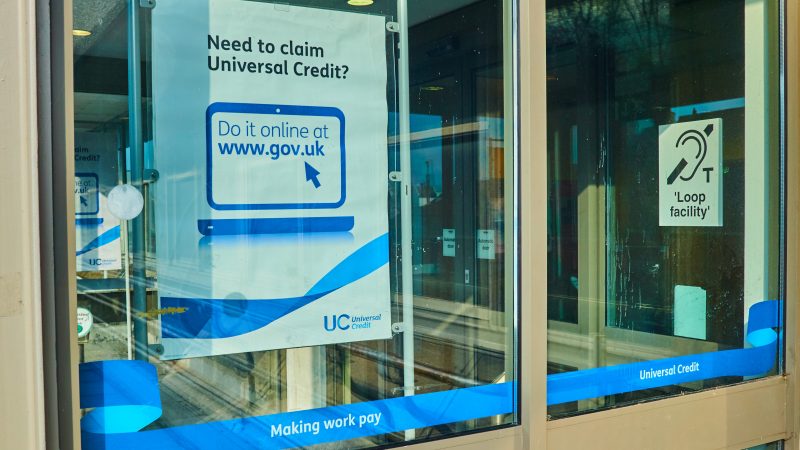
Labour has called on the government to “see sense” on the planned reinstatement of the minimum income floor in Universal Credit by keeping it suspended during the coronavirus crisis to “support Britain’s self-employed”.
The floor in the scheme, which is used to work out how much the government expects self-employed people to earn, was suspended by Chancellor Rishi Sunak in mid-March for those directly affected the Covid-19 pandemic.
Regulations were passed that month to suspend the minimum income floor for a period of eight months, beginning on March 13th and ending on November 13th – now less than two weeks away, during a lockdown in England.
The government has failed to heed demands in recent months and weeks for a further suspension of the floor, which has allowed self-employed workers to have their Universal Credit calculated on the basis of their actual earnings.
The Institute of Fiscal Studies has estimated that as many as 450,000 low-income households have lost an average £3,200 a year in Universal Credit payments due to the minimum income floor policy that caps entitlements.
Jonathan Reynolds said: “As we head into another national lockdown it is unthinkable to put these kind of conditions on support for the self-employed. Self-employed people have already suffered huge drops in income with many losing their livelihoods as a result of this crisis.”
The demand made by Labour’s Shadow Work and Pensions Secretary is also being voiced by the Federation of Small Businesses and the TUC, which has described November 13th as a “disastrous time to cut this lifeline”.
“Universal Credit was never designed around the self-employed, who often feel like square pegs forced into round holes,” FSB national chair Mike Cherry said. “Suspending the minimum income floor for Covid has been both welcome and crucial.
“As the second wave of this crisis hits, and further decimates income, the removal of the suspension assumes that the self-employed are not affected by restrictions and that their earnings aren’t affected if they need to self-isolate or fall ill.”
Stephen Timms, Labour MP and chair of the Commons welfare committee, has backed an extension to the suspension and told The Times that the reimposition of the floor would come as a “heavy blow to many self-employed people”.
Alongside restoring 80% furlough for employees as England enters lockdown again, the government is increasing Covid grants for the eligible self-employed from 40% of average monthly trading profits to 80% for November only.
This means that self-employed people affected by Covid-19 during the second wave will be able to apply for a grant capped at £5,160 in total that is supposed to cover a three-month period from November 1st to January 31st.
Millions, including the newly self-employed and those who took maternity leave during the three-year period taken into account for usual earnings, are still excluded from the self-employment income support scheme (SEISS).




More from LabourList
‘Tackling poverty should be the legacy of Keir Starmer’s government’
‘The High Court judgment brings more uncertainty for the trans community’
‘There are good and bad businesses. Labour needs to be able to explain the difference’